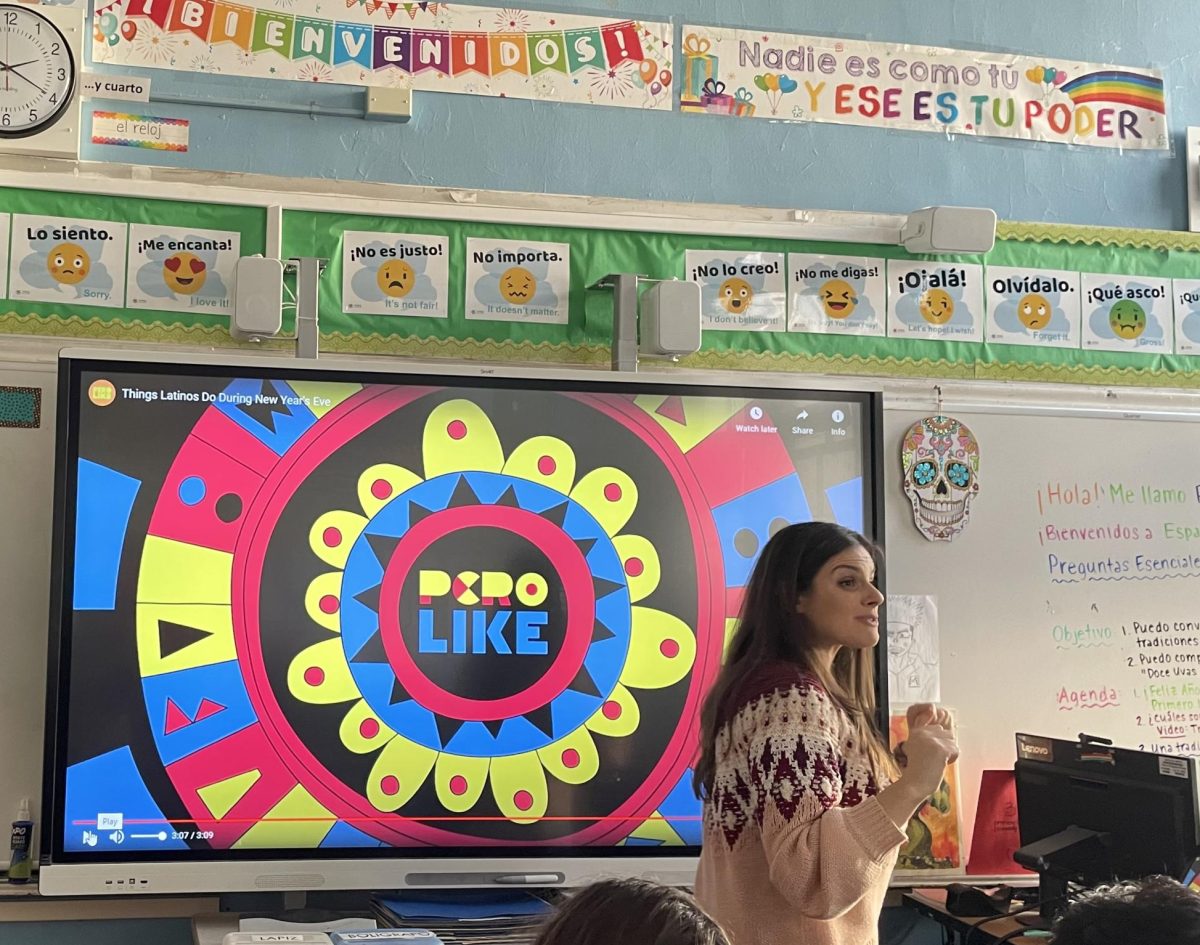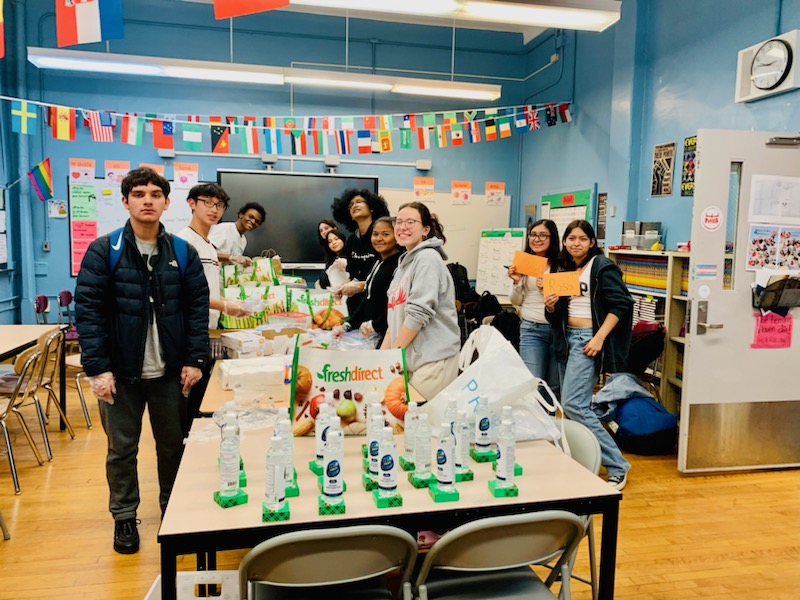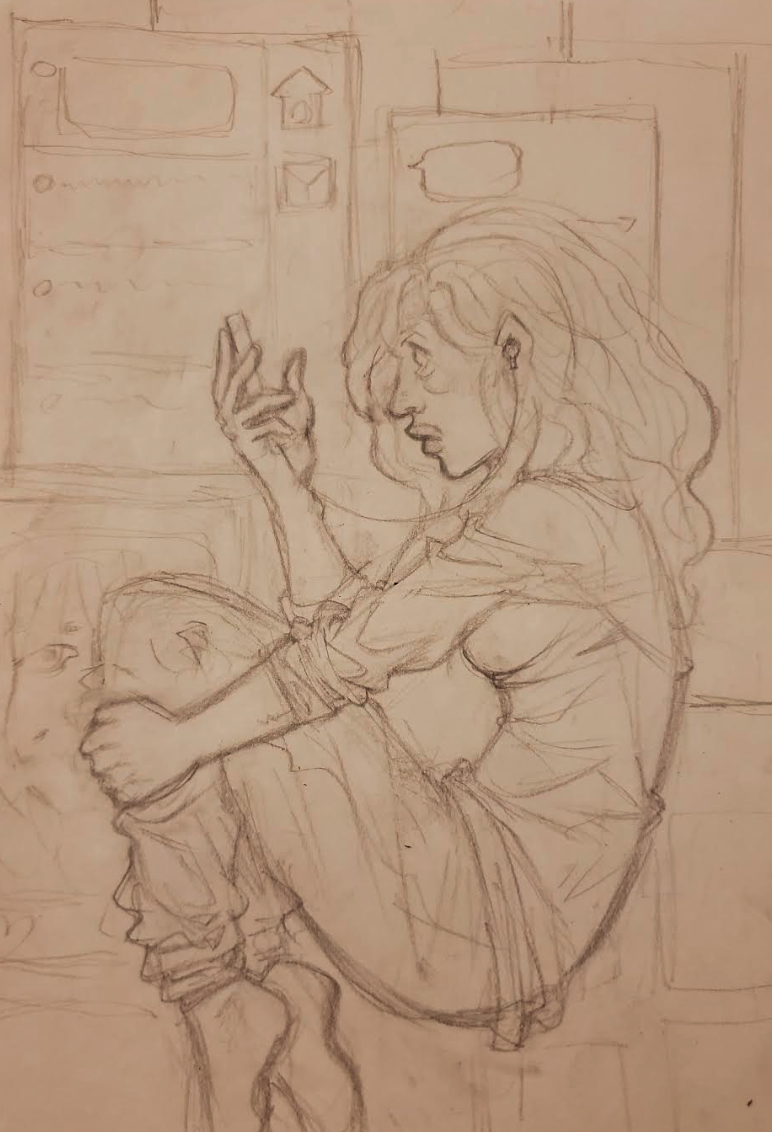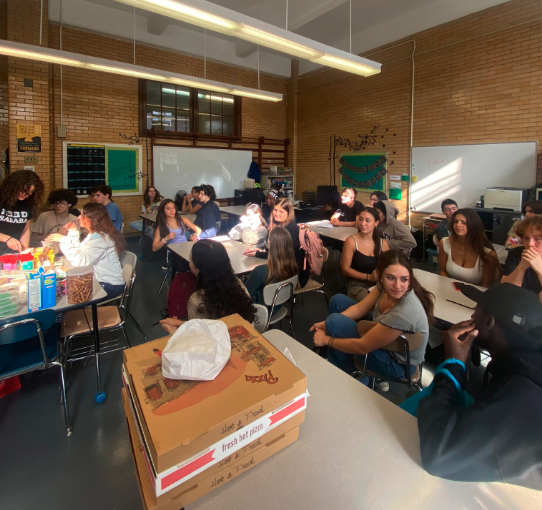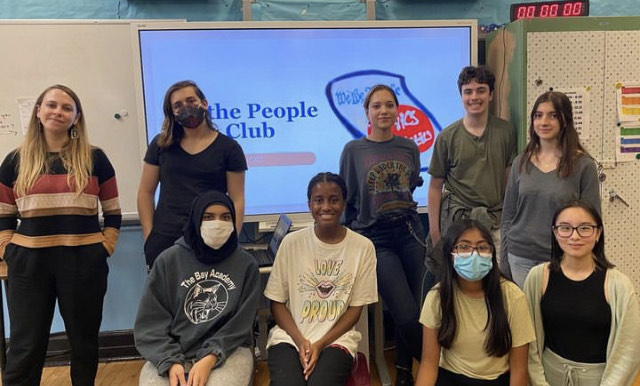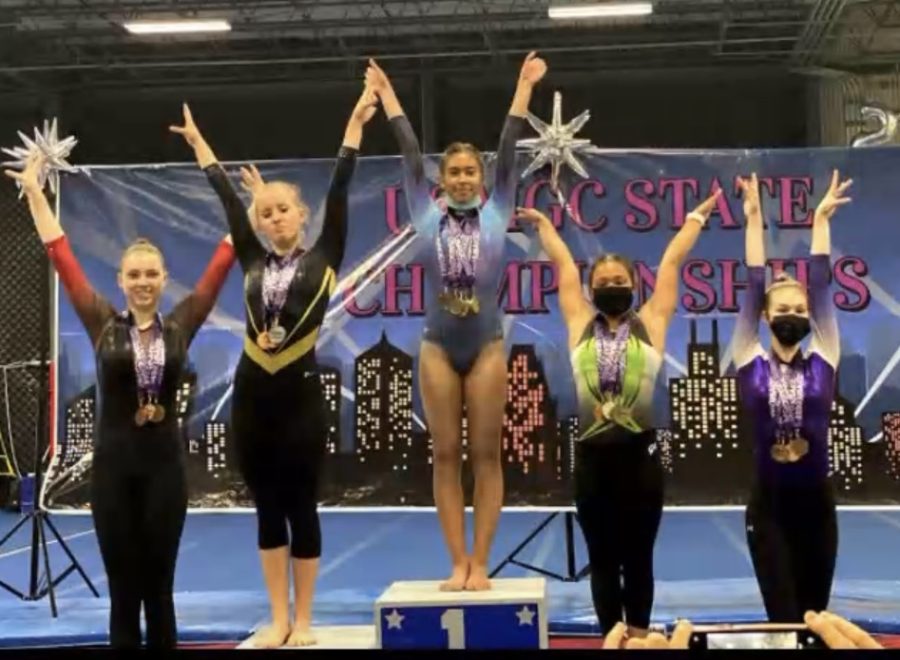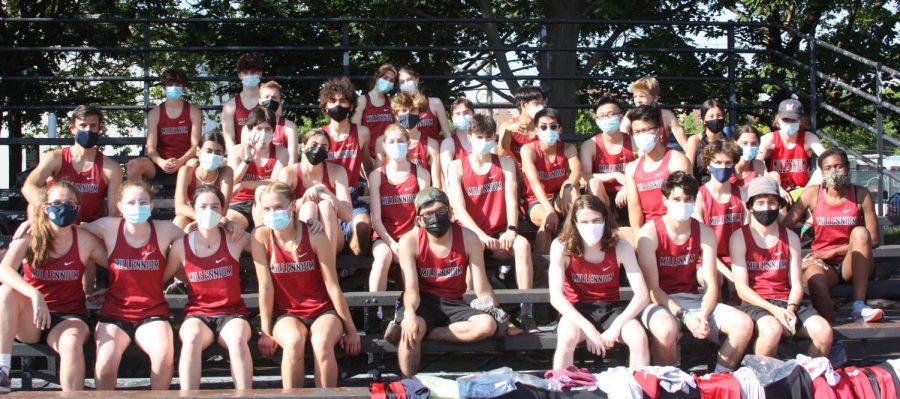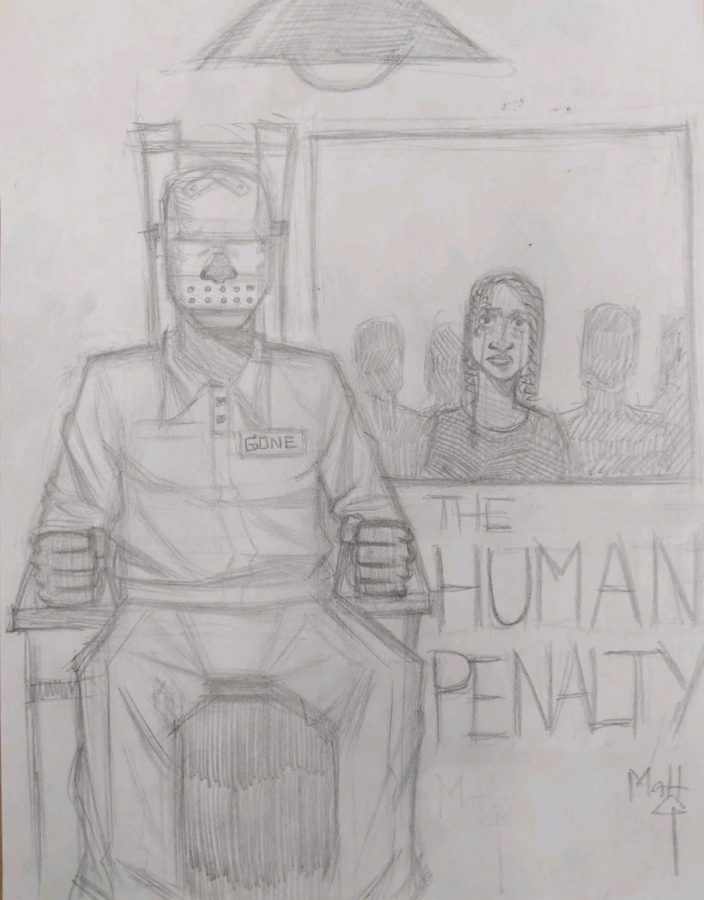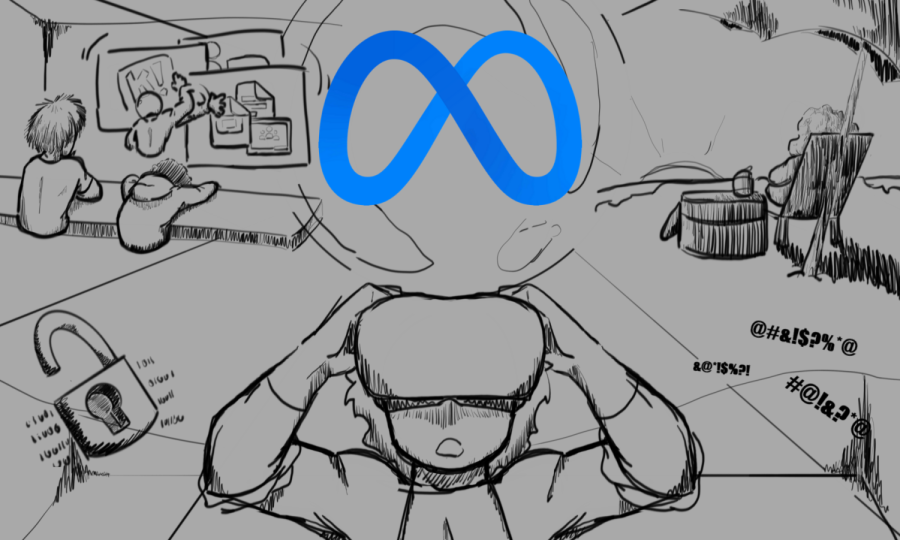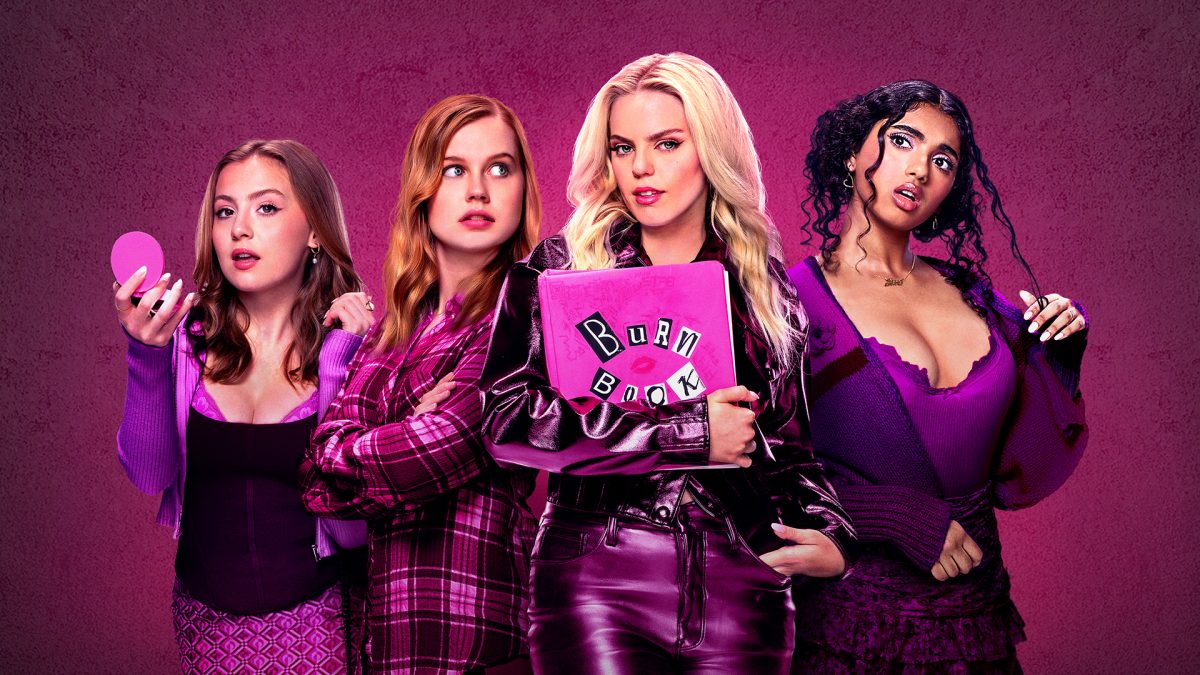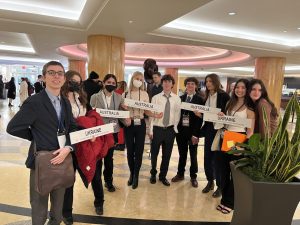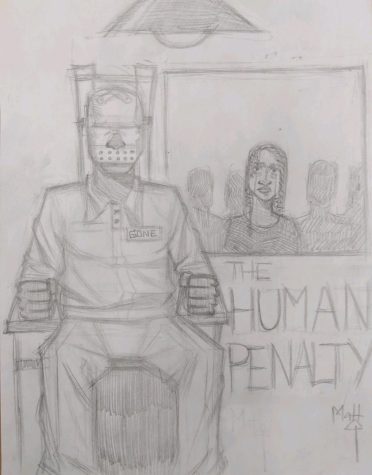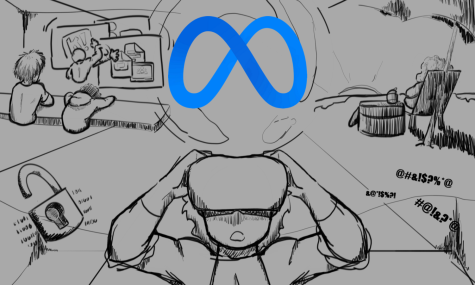Op-Ed: On Internet Censorship
May 7, 2015
China is known to be the world’s most highly populated country with a population count of 1.3 billion people. It is also recognized for laying down absurdly strict rules on the internet within the country.
Approximately four months ago, the People’s Republic of China (PRC) updated China’s “Great Firewall,” which mandated the use of censorship to stop any information from being released to the public without going through scanning.
According to Wikipedia, the subjects that are known to be censored from the public include “Democracy, the Tiananmen Square protests of 1989, Maoism, Falun Gong, ethnic independence movements, corruption, police brutality, anarchism, gossip,” and countless more.
According to Eva Dou, a reporter for for The Wall Street Journal, “China’s government has unveiled a smarter and stricter Internet filter, riling web user and widening the divide between China’s Internet and the World Wide Web.”
Censorship comes with its own Pros and Cons. According to apecsec.org, “censorship restrains [children] from seeing such things and it protects the morals of the society.” APECSEC firmly believes that censorship is beneficial for children because it prevents offensive things such as intense racism, hatred, terrorism, and crime to be exposed towards youth.
By far the biggest issue with censorship is that it restricts an individual’s Freedom of Speech that Americans highly value.
The Universal Declaration of Human Rights states that the ability for a person to be able to speak freely is a basic right for humans. To be able to reveal ideas or thoughts about anything and to be able to expresses it however one likes.
MBHS senior Patrick Lapinski responded, “I think it’s dumb, and anyone who tries to censor people from expressing themselves are only afraid because they are wrong.”
Censorship has been commonly used in modern societies, not just China. Using our school’s internet as an example, certain sites such as Facebook, Twitter, Youtube have been blocked by the Department of Education.
Karen Cator, NYCDOE Director of Education, states that the purpose of proxy is “to block students’ access to content that could be harmful to minors.” For people who doesn’t know what a proxy is it’s a system that is implemented by someone to filter out specific content or website before allowing that information to be transmitted onto the user’s system.
According to the FCC, back in 2000, Congress enacted the Children’s Internet Protection Act (CIPA) in response to the growing concerns children’s access to the internet in schools or library. CIPA simply required schools and libraries to certify that have have implemented an Internet safety policy in order for them to eligible for the E-rate program which basically makes communication services and products to be more affordable. This is most likely a motivating factor to persuade schools to implement CIPA.
When asked the question how he felt about censorship, MBHS senior Alan Lam stated that “it’s like everything in the world. Too much of it is bad; too little of it is bad.”
Personally I share the same opinion with Alan. Imagine yourself living in a society where the government has total control of your access to the internet and your activity is constantly being monitored by a government organization whose purpose is to prevent you from accessing certain information that they don’t what your to see.
You would be completely oblivious to the activities going on the outside world and you would not be able to freely express yourself. The media itself would be affected, the news you hear would not be the things the government want you to hear because it would inevitably be manipulated by the government. Of course, there are work arounds to this such as using something called a Virtual Private Network (VPN). A VPN creates an encrypted tunnel that prevents anyone from monitoring or preventing you from accessing whatever you want on the internet. Currently this is completely legal to use in the U.S. and in China but it is unlikely to stay this way for long because it could be abused or used by organizations with illegal intentions.
